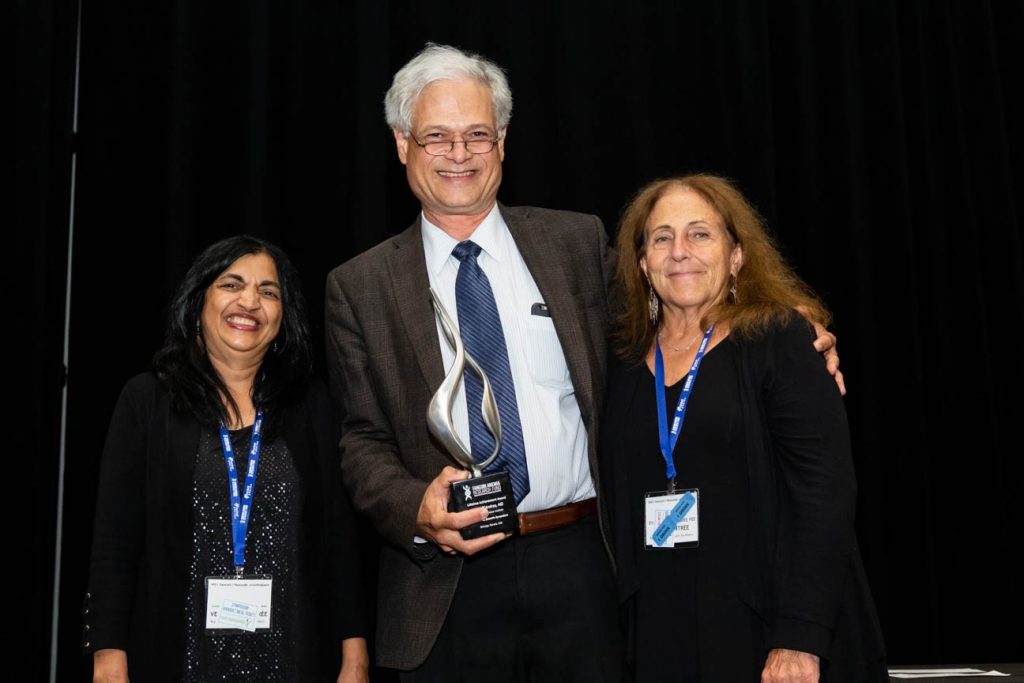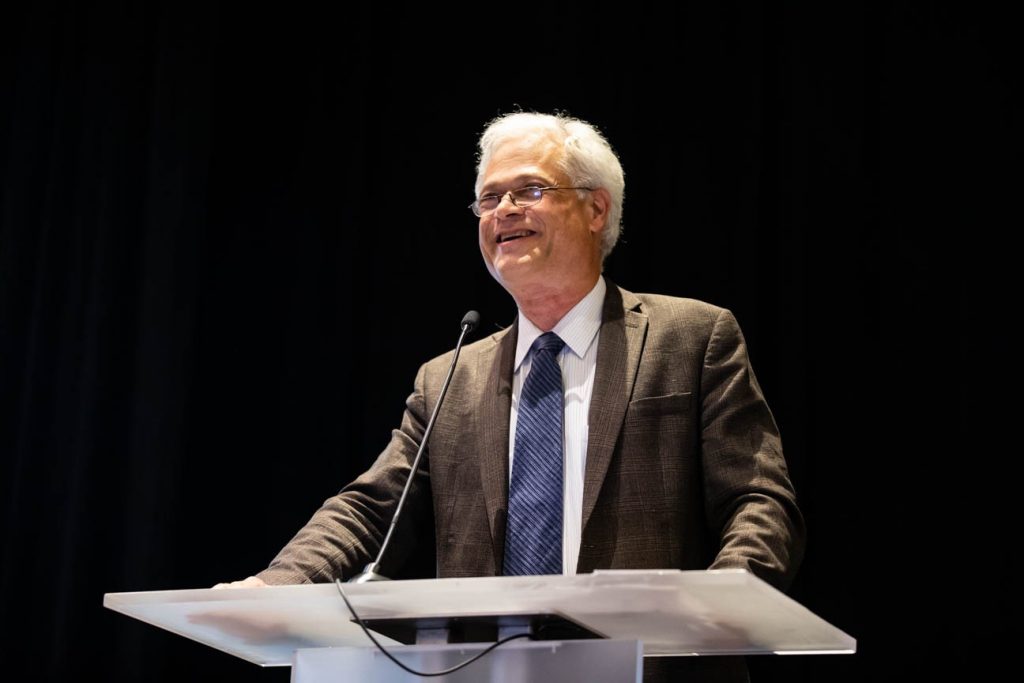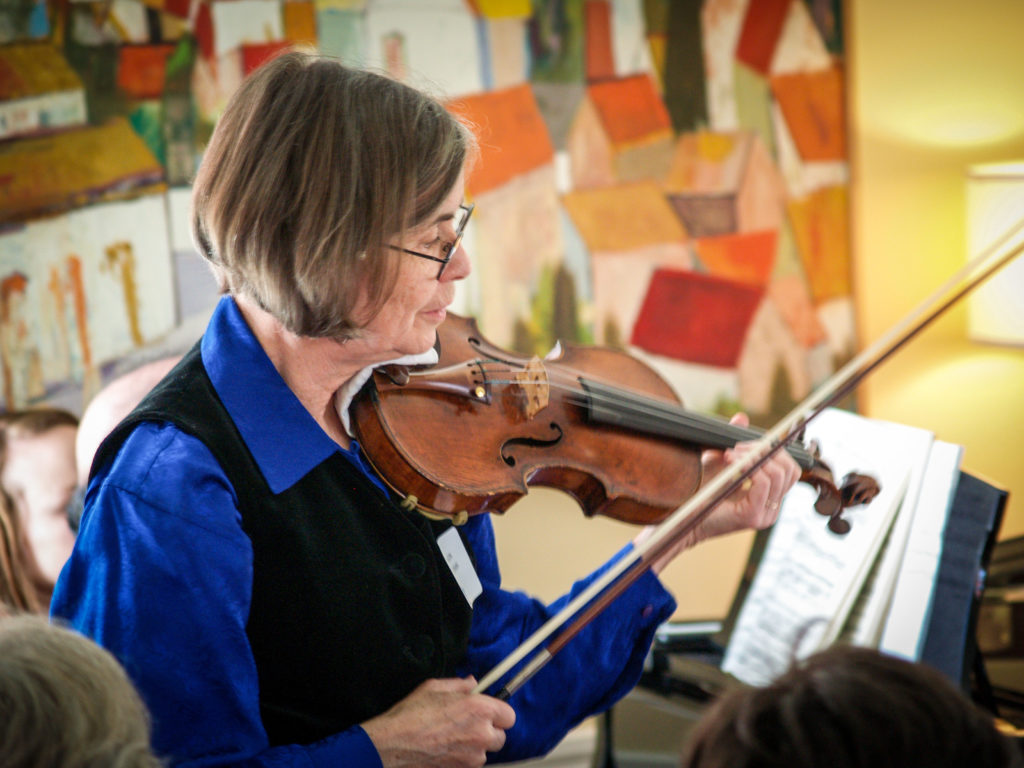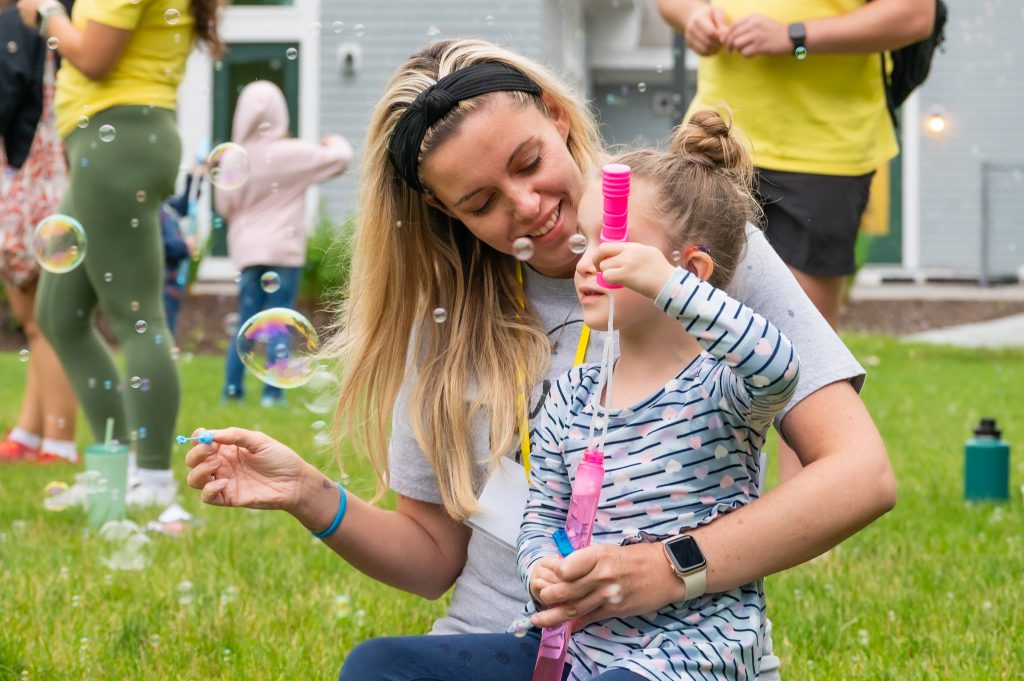The Fanconi Anemia Research Fund (FARF) has existed for more than 30 years, and in that time, few researchers can say they’ve dedicated their career to studying Fanconi anemia. Dr. Alan D’Andrea is one of those researchers.
He was working on the erythropoietin receptor in the 1980s when parents and eventual FARF co-founders David and Lynn Frohnmayer showed up at his lab with their young daughter Katie. After sharing their story and their pursuit to find answers that could save Katie and others with FA, they asked him to study FA. Their insistence paid off, and from then on, Dr. D’Andrea’s work took on a new direction and new meaning.
He first received funding from FARF in 1998 to study the retroviral-mediated transfer of FA genes. Dr. D’Andrea went on to receive four more grants from FARF over the next 20 years. These more modest grants helped to establish research needed to secure much larger grants to study FA from the National Institutes of Health. These include Molecular Pathogenesis of Fanconi Anemia (1994 – 2018), Small molecule activators of the Fanconi anemia pathway (2011 – 2014) and TGFB pathway inhibitors rescue growth of Fanconi anemia (2016 – present).

Dr. Alan D’Andrea
Read about Dr. D’Andrea’s FARF-funded research projects
At the 2019 FARF Scientific Symposium, Dr. D’Andrea was presented with the Lifetime Achievement Award for dedicating his career to the advancement of Fanconi anemia research. Dr. D’Andrea has been a pillar of the FA research community, making tremendous advances over the last 20+ years in understanding DNA damage in FA and how the FA pathway works. His lab focuses on chromosome instability and susceptibility to cancer. He has been an author on over 145 publications on FA, collaborated with FA researchers all over the world, and has recently joined FARF’s board of scientific advisors.
“It is a great honor to receive the FARF Lifetime Achievement Award. My laboratory members and I are grateful to the families with FA who have been our close partners in our research efforts. These friendships have provided a continuous source of inspiration for us. We will continue to strive to find treatments for FA.”
Currently, Dr. D’Andrea is Director of the Susan F. Smith Center for Women’s Cancers and Director of the Center for DNA Damage and Repair at the Dana-Farber Cancer Institute. We are immensely grateful for the work of Dr. D’Andrea and his team.







